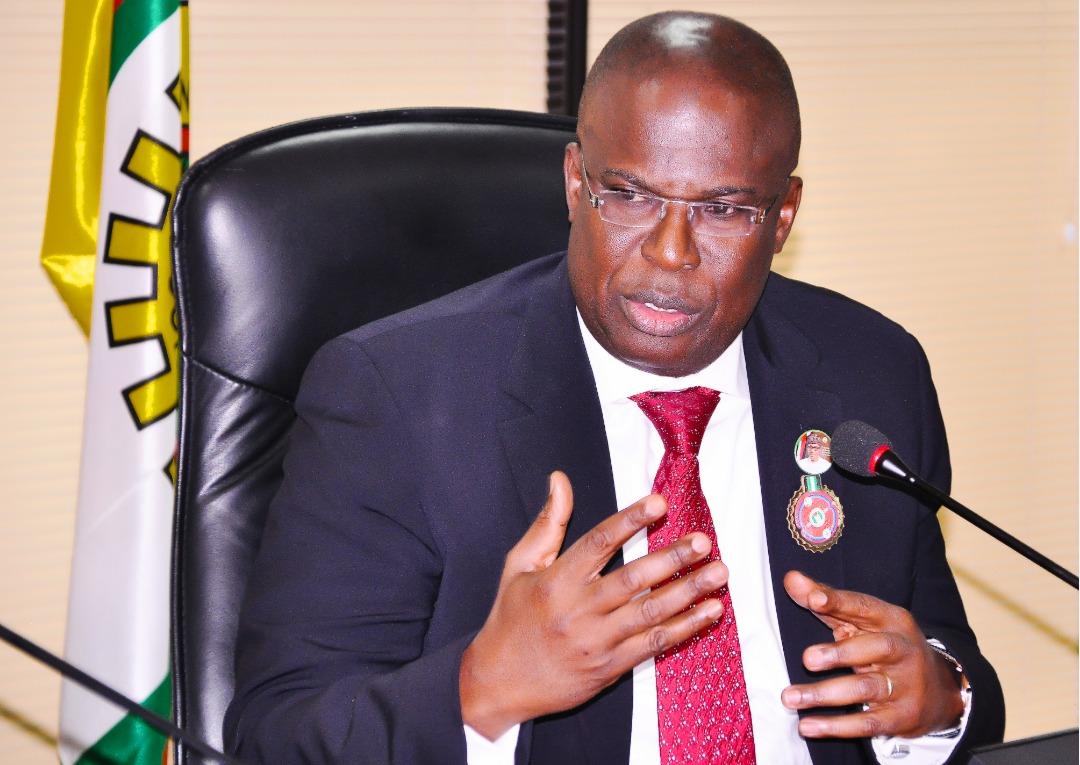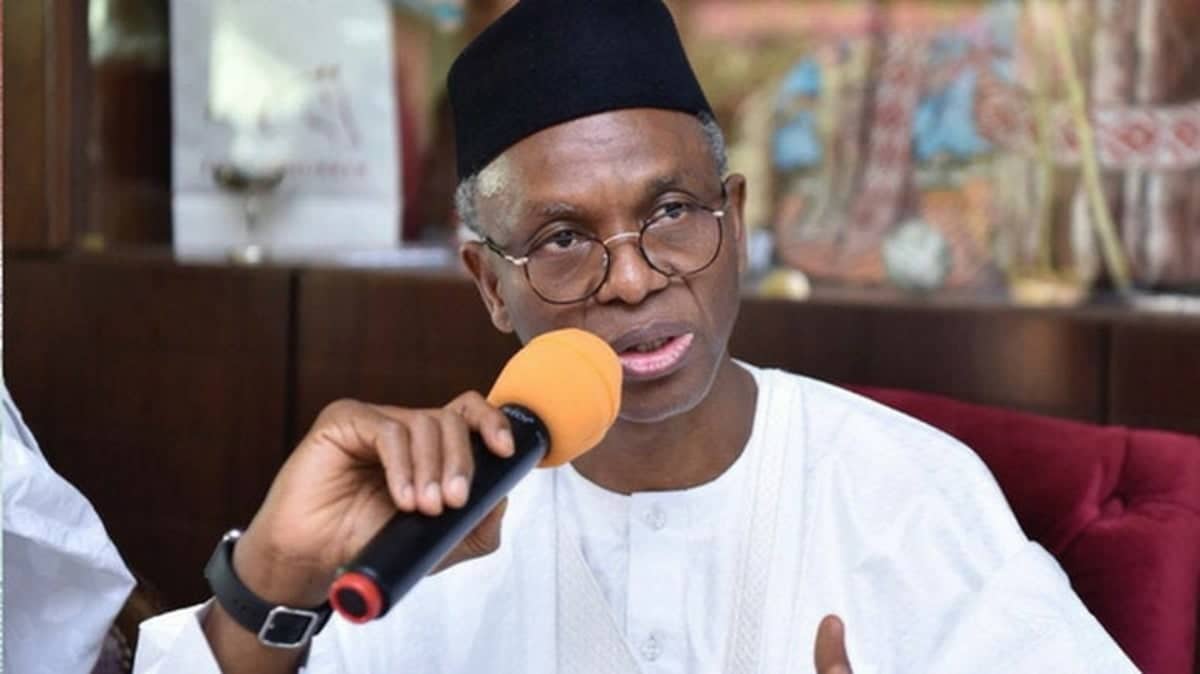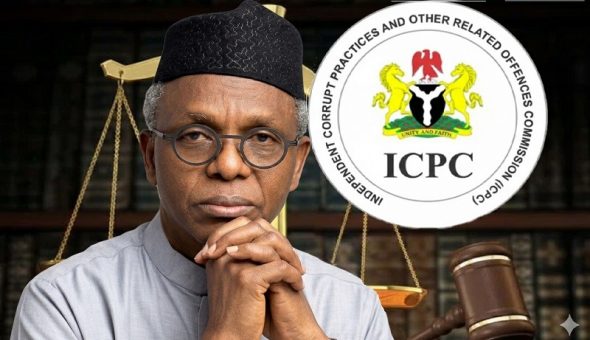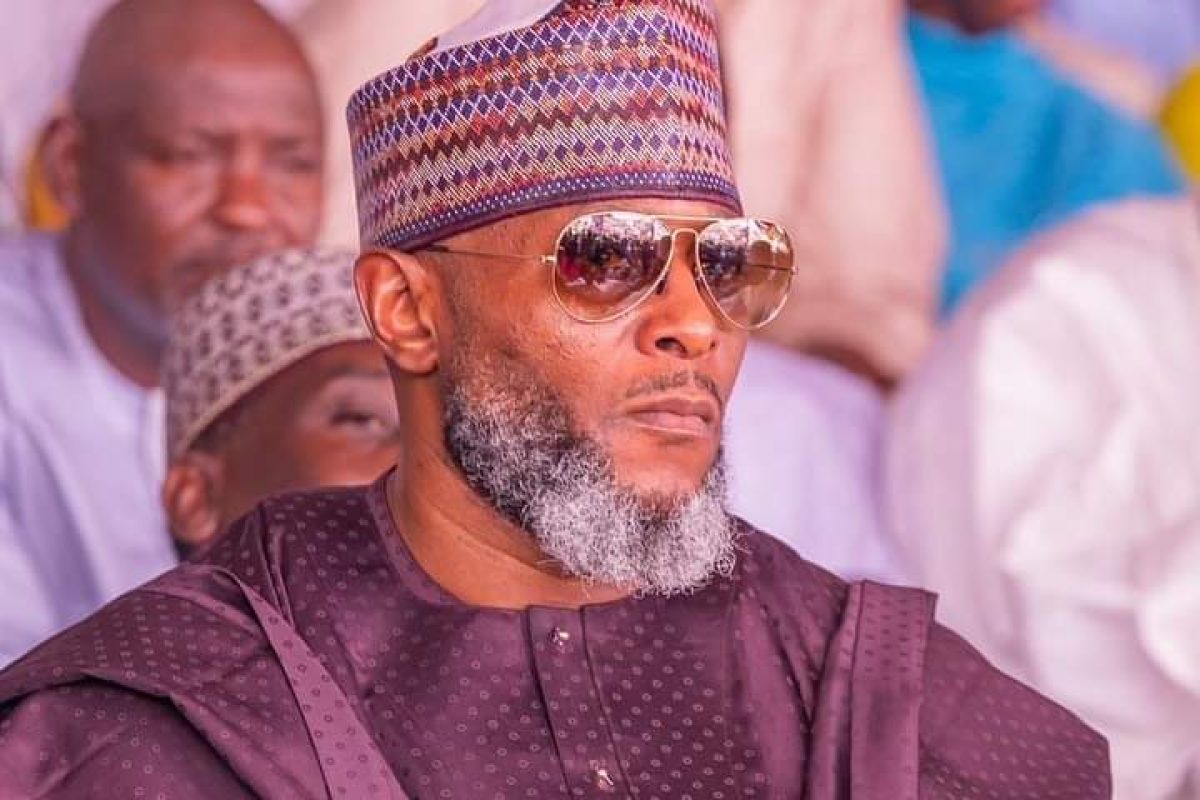Why Nigeria can’t meet OPEC’s 1.8mb/d oil production quota ― FG
The Federal Government has blamed the lack of investment in the oil and gas industry for Nigeria’s continuing failure to meet its 1.8 million barrels per day oil production quota set by the Organisation of the Petroleum Exporting Countries (OPEC).
Nigeria’s production has stagnated around 1.4mbpd in the past 11 months despite more oil production quantity allocated to it by OPEC and rising oil price.
On Wednesday Brent Crude oil fell by over five per cent to trade at $121.41 per barrel as Russia’s invasion of Ukraine continued.
Speaking at the ongoing Ceraweek, in Houston, Texas, the Minister of State Petroleum Resources, Chief Timipre Sylva said the speed with which international oil companies and other investors were withdrawing investments in hydrocarbon exploitation has contributed significantly to Nigeria’s inability to meet OPEC targets.
Sylva in a statement by his media aide, Horatius Egua, said “the rate at which investments were taken away was too fast. Lack of investment in the oil and gas sector contributed to Nigeria’s inability to meet OPEC quota. We are not able to get the needed investments to develop the sector and that affected us”.
He also cited security challenges as another major factor that contributed to the lack of significant growth of the sector in the country adding that the drive towards renewable energy by climate enthusiasts has discouraged funding for the sector.
Sylva, however, called for a change of attitude, stressing that in decades to come hydrocarbons will continue to play a central role in meeting the energy needs of the world.
The Minister, an advocate of gas as a transition fuel for Africa, said although Nigeria was in full support of the energy transition, Nigeria and the African continent should be allowed to develop at its own pace to be able to meet the energy needs of the over 600 million people who have no access to any form of power in Africa.
“There are about 600 million people in Africa without access to power and of that number the majority live in Nigeria. And of the over 900 million people without access to power in the world, the majority live in Africa. So how do we provide access to power for these people if you say we should not produce gas?
“We believe that gas is the way to go. We believe that gas is the way forward and the one access to power,” the minister said, adding that for the energy transition programme to be taken seriously “We need to have an inclusive energy transition programme”.
He stressed that Nigeria believes “in energy transition but we as Africans have our own peculiar problems and we are saying that our energy transition should be focused on gas to bridge the energy gap. This is what we have been saying. We need a just and equitable energy transition programme”.













